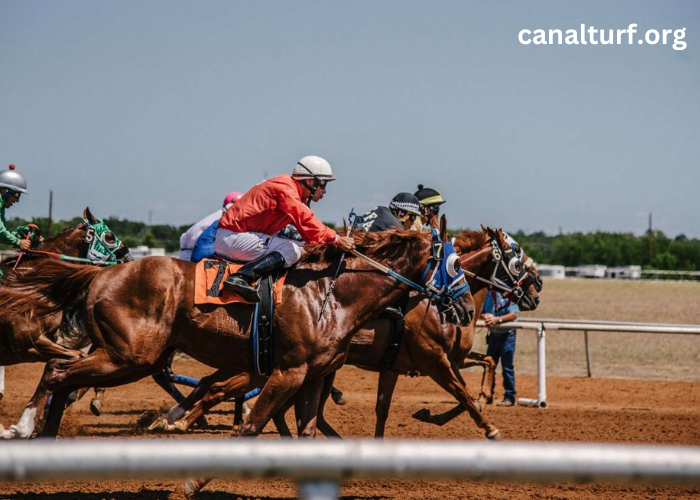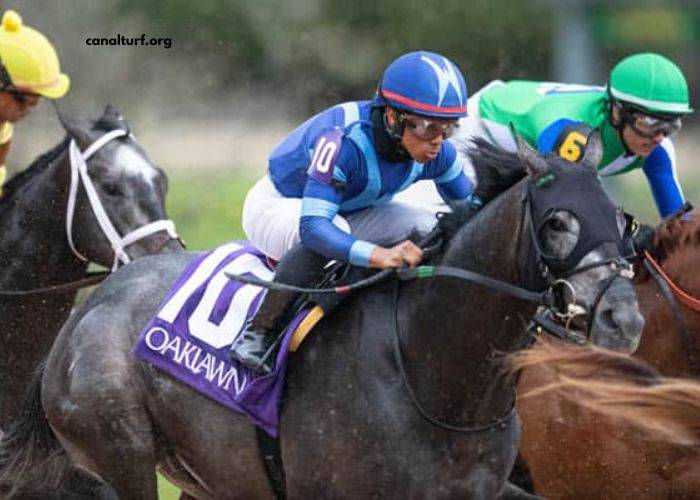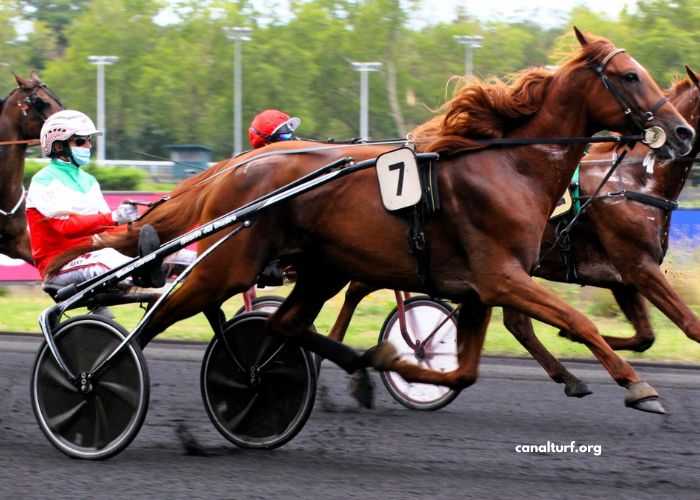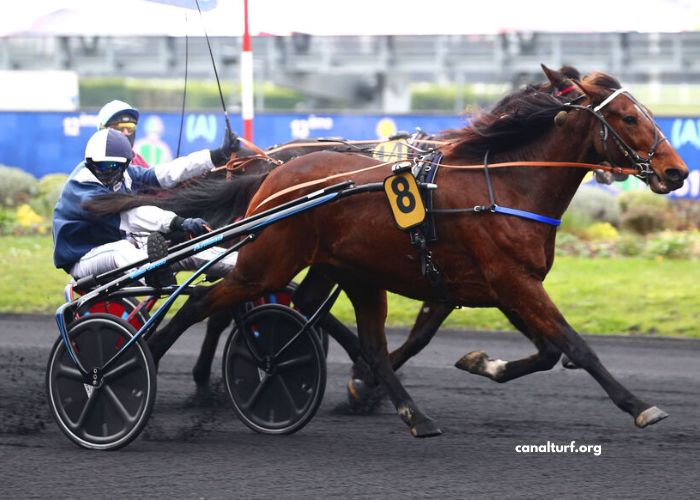From the windswept plains of ancient Asia to the battlefields of Europe and the vast expanses of the American West, horses have left an indelible imprint on human history. Their partnership with humanity spans millennia, weaving through cultures, civilizations, and the evolution of human society itself. Explore the world of CasaCourse, your ultimate destination for online courses in various subjects. Enroll now and enhance your knowledge!
The Early Bond: Domestication and Beyond
The story of horses intertwines deeply with the story of civilization. Around 4000 BC, humans in the steppes of Central Asia first began to tame and domesticate wild horses. This marked a pivotal moment in our shared history, as it enabled rapid transportation, agricultural revolution, and the expansion of trade networks.
The nomadic tribes of the Eurasian steppes, such as the Scythians and the Mongols, became synonymous with their expert horsemanship. Their mastery of mounted warfare not only shaped the course of military history but also influenced the cultural and political landscapes of their time. The horse became more than a tool—it became a symbol of power, freedom, and prestige.
Horses in Warfare and Empire
As civilizations advanced, so too did the role of horses. In ancient times, cavalry units became essential components of military strategy, from the chariot warriors of Egypt and Mesopotamia to the armored knights of medieval Europe. The thundering hooves of charging cavalry struck fear into the hearts of enemies and heralded the rise and fall of empires.
During the age of exploration, horses carried conquistadors across uncharted territories, forging paths through dense jungles and scaling rugged mountains. In the New World, they became instrumental in the expansion of European colonies, transforming the landscape and the lives of indigenous peoples forever.
Cultural Icons and Companions
Beyond their utilitarian roles, horses have held profound cultural significance across the globe. In many mythologies and religions, they are symbols of divine power, embodying traits of courage, strength, and loyalty. In art and literature, from the epic poetry of Homer to the romantic landscapes of the American West painted by Frederic Remington, horses have served as muses, capturing the imagination of artists and audiences alike.
Their role in sport and leisure has also been significant. From the thrill of horse racing to the grace of dressage and the excitement of rodeo, horses continue to captivate enthusiasts and spectators worldwide. Equestrian sports not only showcase the athleticism and agility of these animals but also celebrate the enduring bond between human and horse.
Conservation and Future Challenges
Despite their storied history and enduring popularity, horses face challenges in the modern world. Habitat loss, overgrazing, and competition for resources threaten wild populations, while issues such as overbreeding and welfare concerns impact domestic horses. Conservation efforts, including protected areas and sustainable management practices, are crucial to safeguarding their future and preserving their natural habitats.
Conclusion: A Timeless Bond
As we gallop through the annals of history, the legacy of horses endures as a testament to the enduring bond between humans and animals. Whether serving as partners in labor, companions in leisure, or symbols of freedom and power, horses have left an indelible hoofprint on our collective consciousness. Their story continues to unfold, bridging past and present, reminding us of the profound impact they have had—and continue to have—on our lives and societies.
In the grand tapestry of human history, the hoofbeats of horses resonate as a timeless symphony of strength, grace, and partnership, echoing through the ages.




